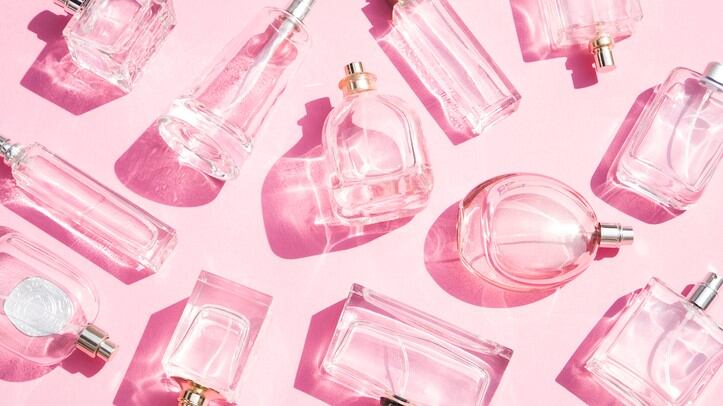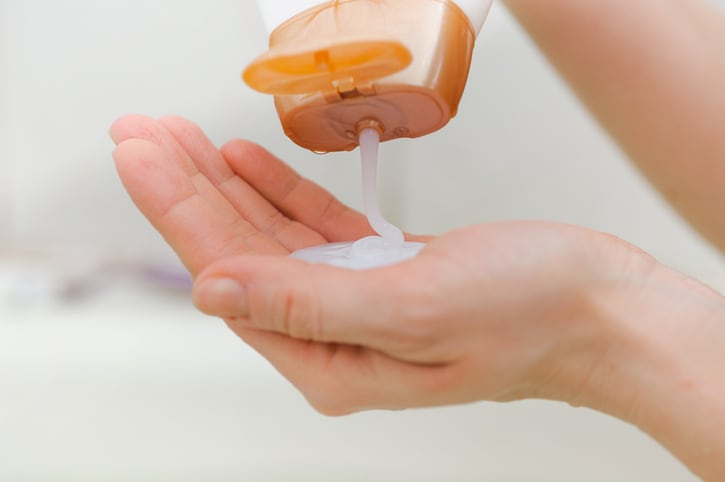1 – China passes CSAR: Long-awaited cosmetic regulations draft finally formalised
The China State Council has finally passed the highly anticipated Cosmetic Supervision and Administration Regulation (CSAR) draft during an executive meeting held on January 3.
The regulation was passed during an executive meeting of the state council hosted by Premier Li Keqiang.
In a statement released the State Council, CSAR was passed "to better ensure quality and safety and promote industrial development” in the cosmetics industry.
CSAR will replace the outdated Cosmetics Hygiene Supervision Regulations (CHSR) which was implemented in 1990 and has been a major hurdle to progress and innovation in the industry.
The rapid development of the cosmetics industry in China has driven the demand to overhaul the 30-year-old regulations and align it with current industry practices.
2 – Safety assurance: IFRA overhauls ingredient safety standards based on new methodology
The International Fragrance Association (IFRA) has updated IFRA Standards with an improved methodology to assess skin sensitizers and account for aggregate exposure.
Companies who are supplied by IFRA members will work with fragrance houses to reformulate existing fragrance creations where necessary and ensure that new creations comply with the rules.
They will have until 10 February 2021 to comply with the new standards for new fragrance creations and until 10 February 2022 for existing creations.
The IFRA Standards are the association’s flagship safe use program. It applies safety management measures based on scientific assessment and the evaluations of an independent expert panel.
“The Standards set rigorous, comprehensive and global rules based on scientific evidence and consumer insights and are subject to independent oversight,” said IFRA President Martina Bianchini.
3 – Amazon and eBay remove illegal mercury-containing skin lighteners following NGO exposé
Online retail giants Amazon and eBay have pulled several illegal skin lightening creams containing mercury sold in the UK, Belgium and US following investigative findings from international NGO coalition The Zero Mercury Working Group (ZMWG).
eBay said it was also taking “enforcement action” against the sellers.
In 2013, the European Union and US were among signatories that signed the Minamata Convention on Mercury stipulating use of mercury and mercury compounds should be phased out. Under Annex A of the Minamata Convention, all manufacture, import and export of mercury-containing products, including cosmetics with more than 1 part per million (1ppm, or 1 µg/g) mercury, will be banned after 2020. However, certain European Union laws already ban use in cosmetics - notably the Cosmetics Regulation and also Regulation EU 2017/852, signed by the EU and 26 Member States declaring mercury a “very toxic substance which represents a global and major threat to human health” and prohibiting the export, import and manufacture of mercury-added products, except those necessary for military use or research.
Worldwide, many countries have also banned mercury-containing products which, for cosmetics, largely relates to skin lightening products.
4 – Need-to-know: The top cosmetics regulatory issues on the agenda for APAC in 2020
We speak to industry insiders for their expert analysis on the regulatory issues and trends that will affect the cosmetics industry in APAC in the new year, spanning China, Indonesia and Malaysia.
Anticipating CSAR implementation
Dr Alain Khaiat, President of the Cosmetic, Toiletry & Fragrance Association of Singapore (CTFAS), stressed that cosmetic companies need to continuing paying attention to China’s Cosmetics Safety and Administration Regulation (CSAR).
“Definitely, the biggest challenges will be the implementation of the new laws in China. We have to be very careful that they don’t take back what they give. It’s getting easier but at the same time they have put controls and constraints that will make it difficult.”
Hedy He, from ChemLinked, believes this will be released before the year ends. “CSAR is undoubtedly the most anticipated regulation in the whole industry. The industry insiders said the final version would be released at the end of 2019.”
Khaiat believes CSAR will improve innovation and facilitate trade but is wary that some improvements may get lost in translation.
5 – Western expansion? What APAC beauty brands need to know about testing before exporting to Europe and the US
Cosmetic testing firm Eurofins has highlighted the regulations and necessary assessments beauty brands from Asia Pacific need to undergo before charting its European or North American expansion.
Eurofins is an international laboratory provider that offers a full range of testing services for various industries, including beauty and personal care, through 26 laboratories around the world.
The company has been seeing more and more cosmetic brands from the APAC region seeking to expand into Europe and North America.
“We are seeing many Asian brands moving into the Europe and US. We help them though the different steps they have to take before they can sell in the market,” said Sarah Bachir-Levy marketing manager, cosmetics, Eurofins.
According to Bachir-Levy, toxicology tests are becoming increasingly important.
“This is a very huge part in Europe, especially right now because safety is something very important as there are more educated consumers who have access to many mobile applications that can give them the information,” she said.





